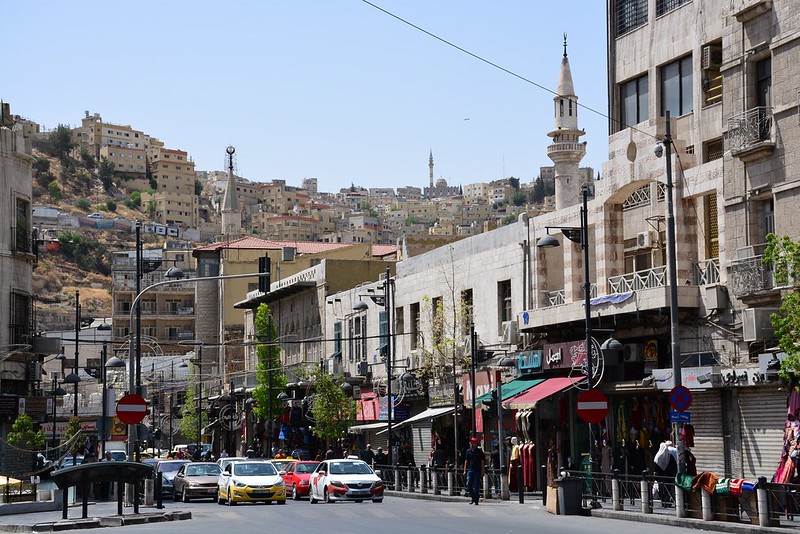Jordan Becomes the First Leprosy-Free Country
 Jordan, officially named the Hashemite Kingdom of Jordan, hosts the fifth largest number of refugees per capita. Jordan regularly welcomes refugees from its neighboring countries and has taken in more than 640,000 Syrian refugees since the start of the Syrian Civil War in 2011. Despite Jordan’s cultural significance and international recognition, 24.1% of its population lives below the poverty line. Jordan continues to face challenges such as water scarcity and lack of arable land, while also hosting a large number of refugees, which are an economic challenge for the country. Despite these challenges, Jordan has just celebrated a major success by becoming the first leprosy-free country in the world.
Jordan, officially named the Hashemite Kingdom of Jordan, hosts the fifth largest number of refugees per capita. Jordan regularly welcomes refugees from its neighboring countries and has taken in more than 640,000 Syrian refugees since the start of the Syrian Civil War in 2011. Despite Jordan’s cultural significance and international recognition, 24.1% of its population lives below the poverty line. Jordan continues to face challenges such as water scarcity and lack of arable land, while also hosting a large number of refugees, which are an economic challenge for the country. Despite these challenges, Jordan has just celebrated a major success by becoming the first leprosy-free country in the world.
Jordan: First Leprosy-Free Country
In September 2024, the World Health Organisation (WHO) awarded Jordan with a verification of becoming Leprosy-free. Jordan has not reported any Leprosy infections from within its borders in more than two decades and became the first country in the world to receive this verification by the WHO.
This success is in line with the WHO’s mission to eradicate leprosy. The WHO has launched the Towards zero leprosy Strategy 2021–2030, which works together with countries to achieve zero leprosy in the World. The WHO is working towards “zero infection and disease, zero disability, zero stigma and discrimination and the elimination of leprosy,”
There are still more than 200,000 new infections recorded worldwide, with more than half recorded in India. Leprosy is an infectious chronic disease caused by the Mycobacterium leprae. It is spread through droplets in the mouth and nose. Leprosy is transmitted by prolonged close contact with the infected. Once treatment is started people living with leprosy are no longer infectious. Left untreated, leprosy affects the skin, upper respiratory tract, and eyes and can lead to physical deformity. Leprosy is curable and treatable, and if treated early physical deformities can be avoided entirely. The treatment is a combination of three different antibiotics, namely dapsone, rifampicin and clofazimine.
Stigma
Unfortunately, those affected by the disease not only suffer from the physical effects of leprosy but regularly suffer from stigmatization. These range from social isolation to financial hardship, as people who have visible deformations are often rejected by the job market. In some parts of the world, leprosy is regarded as divine punishment. It can also be used as grounds for a divorce.
WHO Regional Director for South-East Asia Saima Wazed congratulated Jordan for this major public health achievement: “Jordan’s elimination of this age-old disease is a historic milestone in public health and a huge success for efforts to eliminate leprosy globally. The fight against leprosy around the world is more than a fight against a disease. It is also a fight against stigma and a fight against psychological and socio-economic harm. I congratulate Jordan on its achievement.”
Jordan’s historic achievement highlights how closely collaborating with the WHO and following the guidelines as outlined by the WHO’s Towards Zero Leprosy strategy is the key to success in the fight against Leprosy. Such news inspires hope that other countries still affected by leprosy can have similar success.
– Salome von Stolzmann
Salome is based in London, UK and focuses on Good News and Global Health for The Borgen Project.
Photo: Flickr
